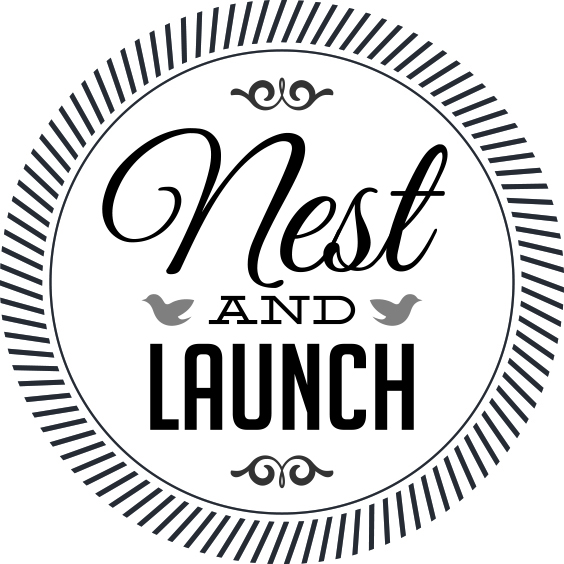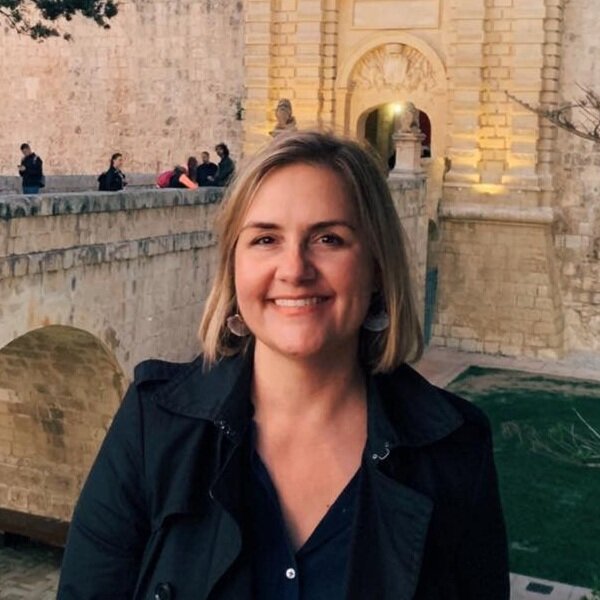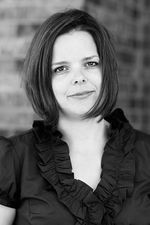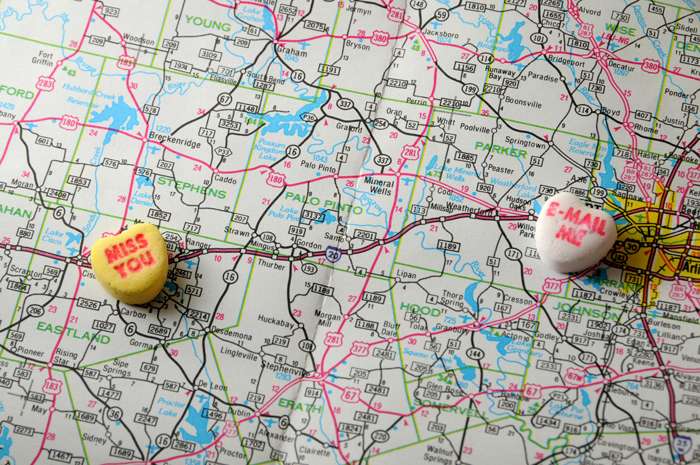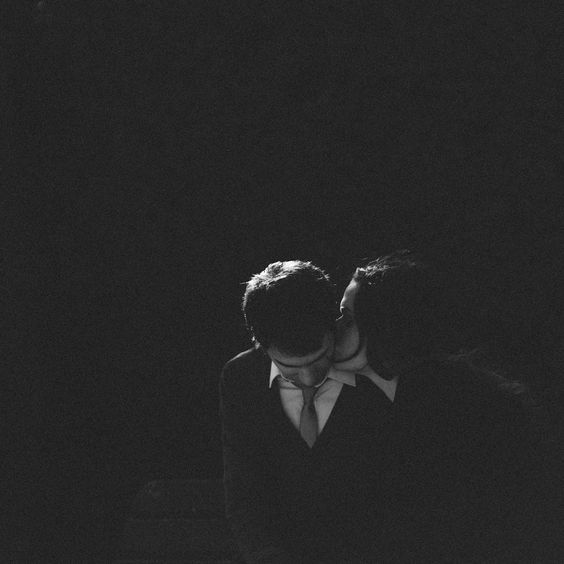Books for momma
/Do any of you fellow Texans remember signing up for the Summer Reading Program? Marching out of the Texas sunshine and into the cool and quiet of the library in early June was always a highlight of the summer for me. The librarian handed out brochures printed with Summer Reading Program 'instructions' and blank lines (for all of the book titles you would read) and a VERY HYPED UP PROMISE FOR A DELUXE PARTY if you read the required number of books. Man, I loved that program. I read my twelve books lickety-split, not because I was lured by the very DELUXE PARTY, but because I loved to read.
You know what else? Sometimes the lack of schedule during the summer kicks me a little off kilter, and sitting down with a good book shores me up. It resets my brain. For some reason, reading reminds me that I'm okay and you're okay and we are all going to be OKAY.
But, what to read? What follows are a few suggestions for you summer mommas (and dads, except it's heavy on the chick-type lit). Admittedly, the list leans a bit toward Neo-Victorian fiction (because that is the focus of my dissertation), but I only included those titles that I thought were fantastic reads, and I excluded all of the boring, academic-type stuff. (Because, incidentally, those don't always make me feel like we are all OKAY.)
Sarah's Summer Reading Program (DELUXE PARTY to follow):
- Peace Like a River by Leif Enger. I LOVE this book. When I was at Baylor, I heard the author speak and his last name is pronounced with a long A sound (not like leaf), so there ya go. This book is a go-to gift -- it's insightful, has a great plot, and is squeaky clean.
- The Robber Brideby Margaret Atwood. Seriously, I love anything by Margaret Atwood, but this is probably my best recommendation for summer reading. It's funny, tragic, exceptionally well written, and follows the lives and friendship of three grown women. Plus, Margaret Atwood is my pretend BFF.
- Brick Laneby Monica Ali. Okay, this isn't your typical beach read, but I still love it. It's about a woman from Bangladesh who moves to London for an arranged marriage. This is what contemporary British fiction looks like. The cast of characters is fascinating and endearing. Ali approaches real cultural, gender, and political issues, and it's just a plain interesting read.
- The Meaning of Night: A Confession & The Glass of Time by Michael Cox. All hail the neo-Victorian novel (which, most simply put, is a contemporary novel that is set in the Victorian age or pretends to be of the Victorian age). These books (read them in order) are set in nineteenth century England and have all of the makings of a fine Victorian novel: country houses, aristocratic heroes and foils, chases through foggy London, surprise heirs and heiresses. I promise these are absolute page-turners. Last summer I passed them on to Jordan and she devoured them in a matter of days. You will love them. I promise.
- The Parasol Protectorate series by Gail Carriger. This is a set of five novels set around a spunky, aristocratic heroine who charges about London with vampires and werewolves and all manner of the supernatural. I know this might sound improbable and too science-fiction-y. That's what I thought upon reading the summary on Amazon. But, by the end, I was loathe for the series to end. I felt I'd lost a good friend. These are definitely on the light side -- take these with you to Hawaii. I'll wait here in Houston. In the heat. With the bugs.
- Girl in a Blue Dress by Gaynor Arnold. This is a fictional account of the life of Dorothea Gibson (wife to Charles Dickens). There's love. There's tragedy. There's genius and cruelty. I heard Arnold speak in England last summer and had a few moments to posit my observations to her that the Dickens character had some very Thatcher-esque qualities. She was like, "Yeah, um...I guess I could see that." Then I slinked away. Slunk? No, I definitely slinked.
What about you? Any summer must-reads? Don't hold back. Comments make my day.
